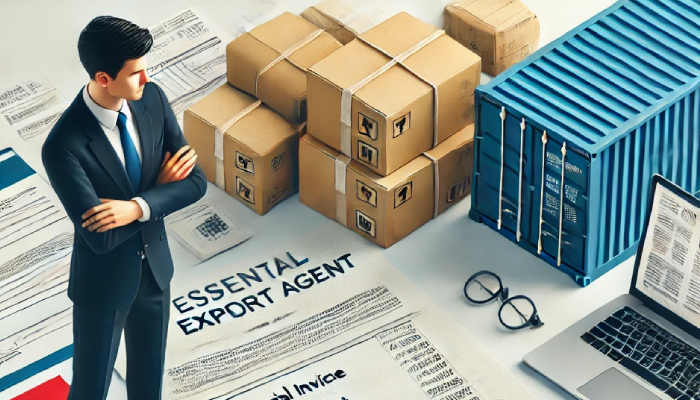Introduction:
Proper documentation is the backbone of any import/export business. In international trade, even a small error in paperwork can lead to shipment delays, additional costs, and compliance issues. Having a comprehensive checklist of essential documents helps ensure smooth operations and prevents common mistakes that could affect your business.
Essential Documents for Import/Export:
Commercial Invoice:
This is one of the most important documents in international trade, serving as a contract and a proof of sale between the exporter and importer. It details the goods being sold, their value, and terms of sale. Make sure to include a detailed description of the products, quantities, prices, and payment terms.
Packing List:
The packing list provides detailed information about the contents, weight, and packaging type of each shipment. It is used by customs authorities to verify the cargo and by logistics providers to ensure the goods are handled properly. Ensure accuracy in listing all items and their specific details.
Bill of Lading (BOL):
The Bill of Lading is a legal document issued by the carrier to the exporter, serving as a receipt for the goods and a contract for transportation. It specifies the type, quantity, and destination of the goods and acts as a proof of ownership for the consignee.
Certificate of Origin:
This document certifies that the goods in the shipment were manufactured in a particular country. It is often required by customs for tariff assessments and to verify eligibility for preferential trade agreements.
Import/Export License:
Certain products require an import/export license, depending on the regulations of the countries involved. Check if your goods fall under restricted categories and secure the appropriate licenses before shipment to avoid legal issues.
Insurance Certificate:
The insurance certificate provides proof that the goods are insured during transit. It is essential for risk management and is often required by banks if a letter of credit is involved in the transaction.
Customs Declaration:
The customs declaration is a detailed statement of the goods being imported or exported, including their value, quantity, and nature. Accurately completing this document is crucial to ensure smooth customs clearance. Failure to do so can result in fines or delays.
Tips for Managing Import/Export Documents:
- Utilize Digital Tools: Digital document management systems can streamline your paperwork and ensure compliance.
- Keep Copies: Always retain copies of all documents for future reference and compliance audits.
Conclusion:
Managing the right documentation is essential for successful international trade operations. By having these documents prepared and organized, you can ensure a smoother import/export process, minimize the risk of delays, and maintain compliance with trade regulations.


